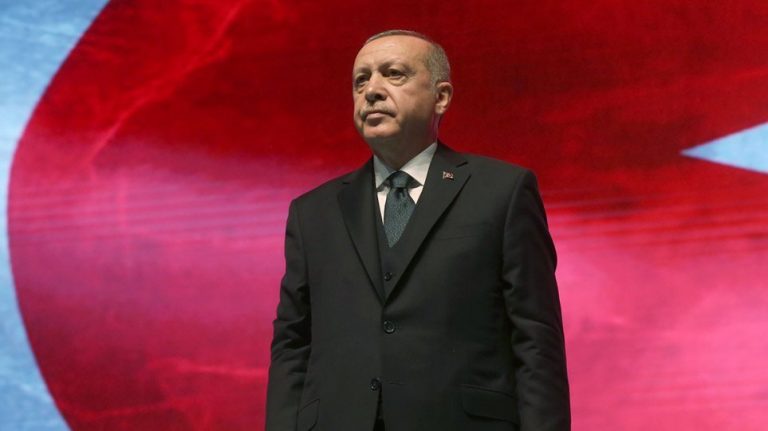In 2010, Turkey’s “Zero Problems” foreign-policy doctrine was the marvel of the Mediterranean and the Middle East.
Under the leadership of Recep Tayyip Erdogan, the country was using diplomacy and commerce to develop cordial — or at least civil — relations, not only in its neighborhood and near abroad, but across the world.
Erdogan himself was the toast of the high table of international affairs, where leaders of the great powers sought his counsel and company.
Ten years later, Turkey’s foreign-policy landscape might more accurately be described as “Only Problems.” Ankara is deploying hard power and harsh rhetoric, rather than diplomacy, to maintain its influence.
It is in various degrees of confrontation with most countries that adjoin either its land borders or the waters of the Eastern Mediterranean: Greece, Syria, Israel, Cyprus, Iraq, Armenia and Egypt. Farther afield, it is in conflict with France, Saudi Arabia and the United Arab Emirates.
And at a time when the world powers can’t seem to agree on anything, they seem to have reached near unanimity that Erdogan is a troublemaker.
Jean-Michel Jarre will welcome 2021 with an amazing show inside Notre Dame! (video)
Turkish Press: Greek territorial water extension to 12 n.m in Ionian Sea is a cause for war
Turkey’s pugnacious president has recently been attracting sharp jabs even from those who used to pull their punches. The U.S. State Department has said it “deplores” Turkey’s decision to restart a controversial geological survey of the Eastern Mediterranean, and called on Ankara to “end this calculated provocation.”
This language is some of the strongest that the Trump administration has directed against Erdogan, who has the ear and affection of his American counterpart.
Read more: Bloomberg
Ask me anything
Explore related questions





